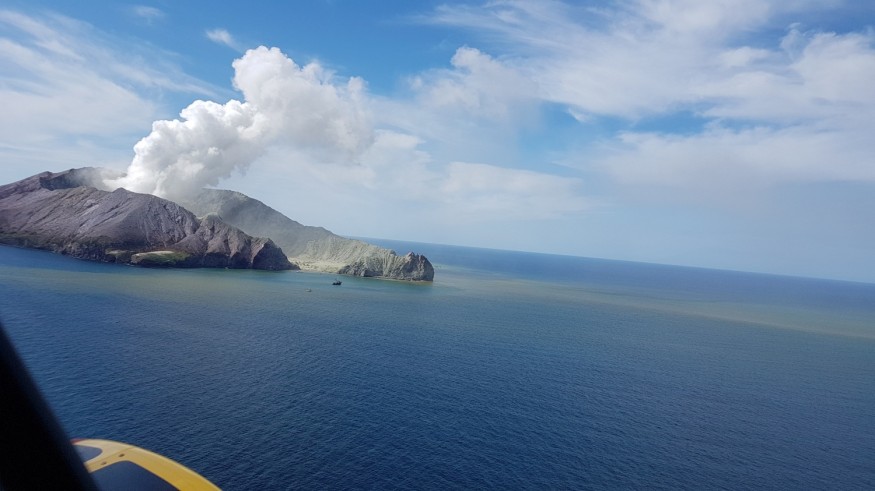
The future of Whakaari as a tourist destination is currently sparking debates as locals claim that the recent eruption is a sign of the volcano's disgust against those who step on her soil.
Situated on the region with the highest unemployment rate in New Zealand, the island tours have served as an economic oasis of Whakatāne. Yet a few decades later, locals were still unhappy on how tour operators capitalized on the volcano, which they considered as a female living ancestor.
According to the report of The Guardian, many Māori -- or the locals -- were angry that private operators have set their feet on the sacred island.
For the 32-year-old resident, Hinepare Tawa, who never dared to go to the island before, the volcano is a person that should never be disturbed. She also has an issue on the capitalization of Whakaari, so she would not have any problems if the operation of the tours will be suspended permanently.
Each tour to the island can cost up to NZ$250 ($165), which is way too out of touch for the locals, whose average annual income is only around $16,500.
The eruption on Monday is the volcano's protest against how humans take her for granted, according to some Māori.
Senior resident, Roy McIntyre, recalled how elderlies have predicted that a major eruption would occur since tourism has started three decades ago, and he thought it really would happen any moment.
"It is the same as ever -- Mother Nature doesn't care if we're terrified," McIntyre added.
It is better to watch her from afar, anyway. You do not have to step on her soil, said 25-year old local, Hiko Merito.
Even if the tourism on the island would be halted permanently, the agriculture could still serve as the region's main source of livelihood. There are some small-scale businesses which produces avocado and seafoods.
One of the six bodies recovered on Friday were identified as the 21-year old Australian Krystal Browitt from Melbourne. She was on the island with her sister, Stephanie, and her father, Paul, when the eruption happened. Both Paul and Stephanie survived, although the latter was on coma.
Two bodies, with one sighted in the waters, were still unrecovered. Military divers were deployed on Saturday to look in the waters, but no land search was conducted.
A minute of silence would be observed early afternoon on Monday, which marks the first week of the crisis.
The Tourism Industry
As the crisis heightens globally, thanks to social media, tour operators feared that this will permanently stain the town's reputation.
This is probably one of the worst tourism disasters that definitely affects not just our town's but also the country's tourism industry as a whole, said Phil van Dusschoten, operator of the 24-year-old Diveworks Charters Fishing and Diving
He also said that he guessed that putting more people on anything involving nature will increase the risk of a disaster happening.
A rather embarrassing campaign ads to promote Whakaari has resurfaced the internet after the eruption on Monday.
Entitled as "Single White Female," the article personified the volcano as a "steamy, very active" female looking for a hooker.
Other suggestive descriptions includes "curvaceous bumps", "voluptuous mounds", and "I change my look with my mood".
The ad was included in a 2003 issue of Discovery White Island.
© 2025 NatureWorldNews.com All rights reserved. Do not reproduce without permission.





